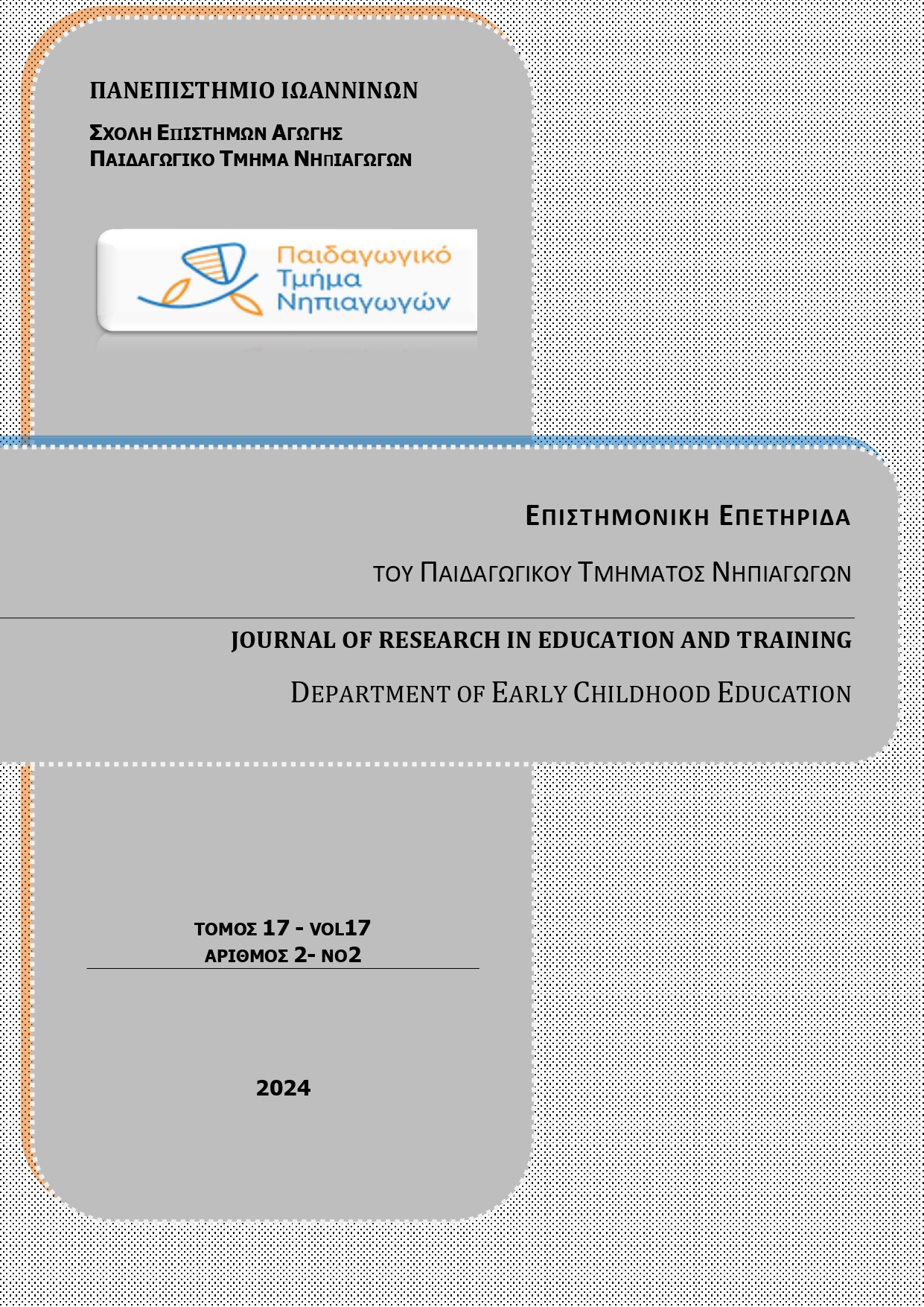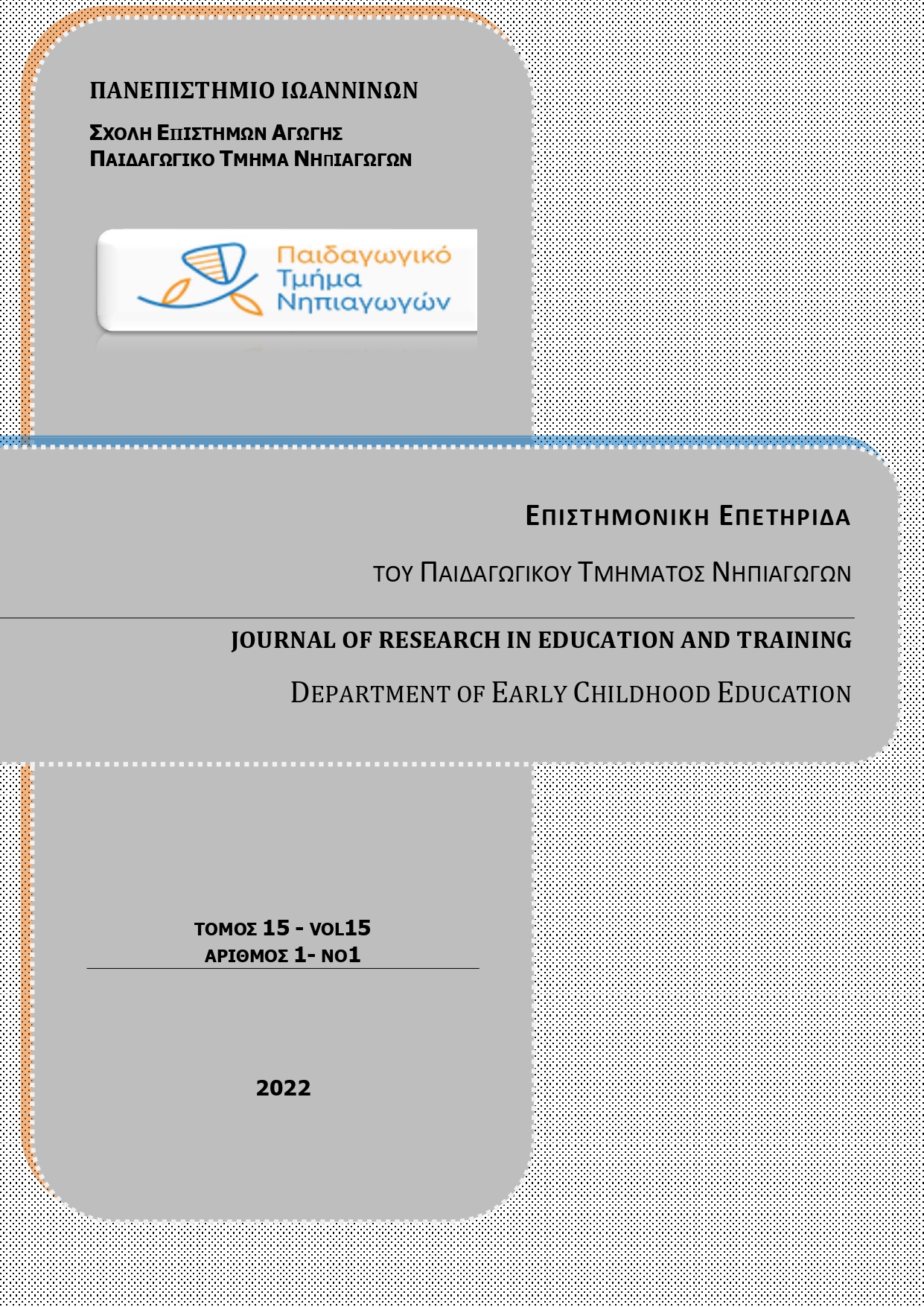Timeless evolution of policies for the elimination and treatment of domestic violence and bullying in Greece

Abstract
"School bullying" or "bullying," is no longer just a marginal phenomenon in the real and digital world, but a serious issue. Since 2006, incidents of all forms of degradation, exclusion, and bullying among children, adolescents, and adults have been dangerously increasing and tend to take on dimensions of widespread escalation, threatening to dominate almost the entire youth population. According to the results of the PISA study (Programme for International Student Assessment) published in 2017, almost one in six 15-year-olds is regularly affected by "bullying" at school (OECD, 2017).
As the right to education is an inalienable good and right, the state is obliged, on the one hand, to guarantee the individual's right to education corresponding to their abilities, and on the other hand, to respond to the importance of economic policy for a modern society. Therefore, the state must take necessary measures to curb such behaviors before they occur and before they acquire a dynamic "habit."
This article seeks to emphasize the necessary shift of the issue from the approach of a theoretical discussion, which is clearly necessary to define and describe the concepts of degradation, exclusion, and bullying, to the necessary interventions, primarily legislative, concerning school life. It also seeks to study how the organized state operated or should have operated, to what extent the Greek parliament was involved when incidents became public and sparked intense debates. Finally, it explores the actions taken by the state both at the European level and nationally to prevent and eliminate school violence.
Article Details
- How to Cite
-
Karaoulas, A. (2024). Timeless evolution of policies for the elimination and treatment of domestic violence and bullying in Greece. Journal of Research in Education and Training, 17(2), 63–83. https://doi.org/10.12681/jret.37405
- Issue
- Vol. 17 No. 2 (2024): -
- Section
- Articles

This work is licensed under a Creative Commons Attribution-NonCommercial-ShareAlike 4.0 International License.
Authors who publish with this journal agree to the following terms:
- Authors retain copyright and grant the journal right of first publication with the work simultaneously licensed under a Creative Commons Attribution Non-Commercial License that allows others to share the work with an acknowledgement of the work's authorship and initial publication in this journal.
- Authors are able to enter into separate, additional contractual arrangements for the non-exclusive distribution of the journal's published version of the work (e.g. post it to an institutional repository or publish it in a book), with an acknowledgement of its initial publication in this journal.
- Authors are permitted and encouraged to post their work online (preferably in institutional repositories or on their website) prior to and during the submission process, as it can lead to productive exchanges, as well as earlier and greater citation of published work (See The Effect of Open Access).



